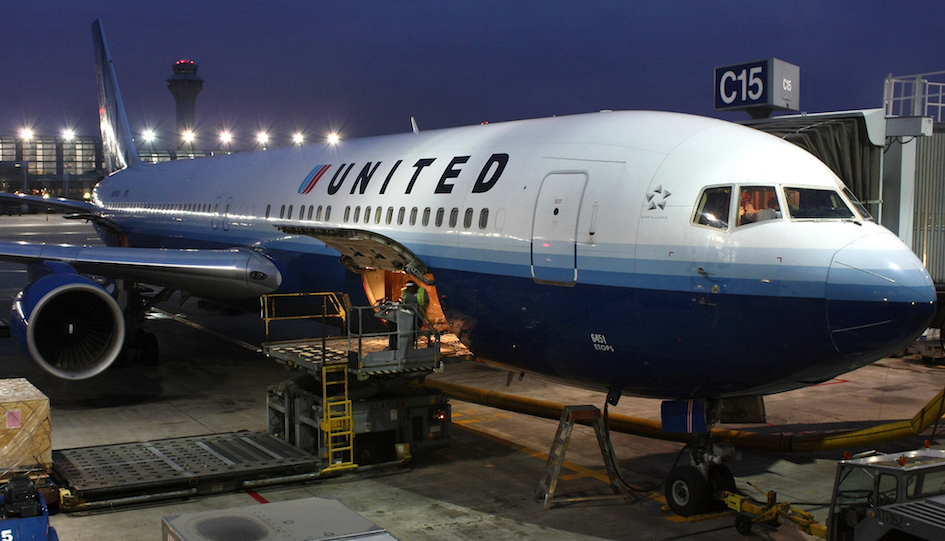
Large corporations spend millions to avoid bad press and lie low to avoid the scrutiny of regulators. Then, according to eyewitness video and press reports, an airline literally drags a seated, ticketed passenger off a plane to make space for crew members needed in another city. Suddenly, the company’s communications, actions, and passenger experiences are encapsulated in a moment of violence and rudeness spread worldwide on social media. Hashtags exploded like “firewords” with new suggestions for United Airlines’ motto, none of them flattering but more relevant than their suddenly incongruous, “Fly the Friendly Skies.”
The airline spokesperson immediately points to the United Airlines “Contract of Carriage” to justify their actions. Rule 25 on page 39 of the 51-page contract allows them to do what they did in circumstances of an oversold flight: “If there are not enough volunteers, other Passengers may be denied boarding involuntarily in accordance with UA’s boarding priority…”
“A company that immediately cloaks itself in a ridiculously lengthy legal document reveals how thin its brand façade is.”
Note, that this says “denied boarding,” which to me does not mean removal after boarding and seating on the plane, but the much larger point is the fallacy that passengers could or should read a 51-page contract before flying because it contains clauses that will surprise, dismay, and annoy them. This communications debacle is particularly ironic since United Airlines CEO, Oscar Munoz, was awarded the honor of “Communicator of the Year” just last month by PR Week. His comment on this incident were: “This is an upsetting event to all of us here at United. I apologize for having to re-accommodate these customers.” His use of the phrase, “re-accommodate” is to me a tell-tale sign of using a euphemism to cover an unsavory action.
The lesson to be learned is that brands are experiences and those experiences occur one-on-one, dictated by humans. A friendly motto cannot overcome a lack of seats or inefficient deployment of crew, but a clear brand purpose would guide employee judgment in a tense moment. A company that immediately cloaks itself in a ridiculously lengthy legal document reveals how thin its brand façade is. Ultimately, the cost to the brand will far exceed the money it could have spent to cajole four passengers off the plane. Clearly there was some dollar amount over $800 that would have gotten volunteers off the plane and avoided a maelstrom of bad press. “Penny-wise and pound-foolish” seems to be the most fitting motto I can think of.
Images: Lasse Fuss, Jun Seita